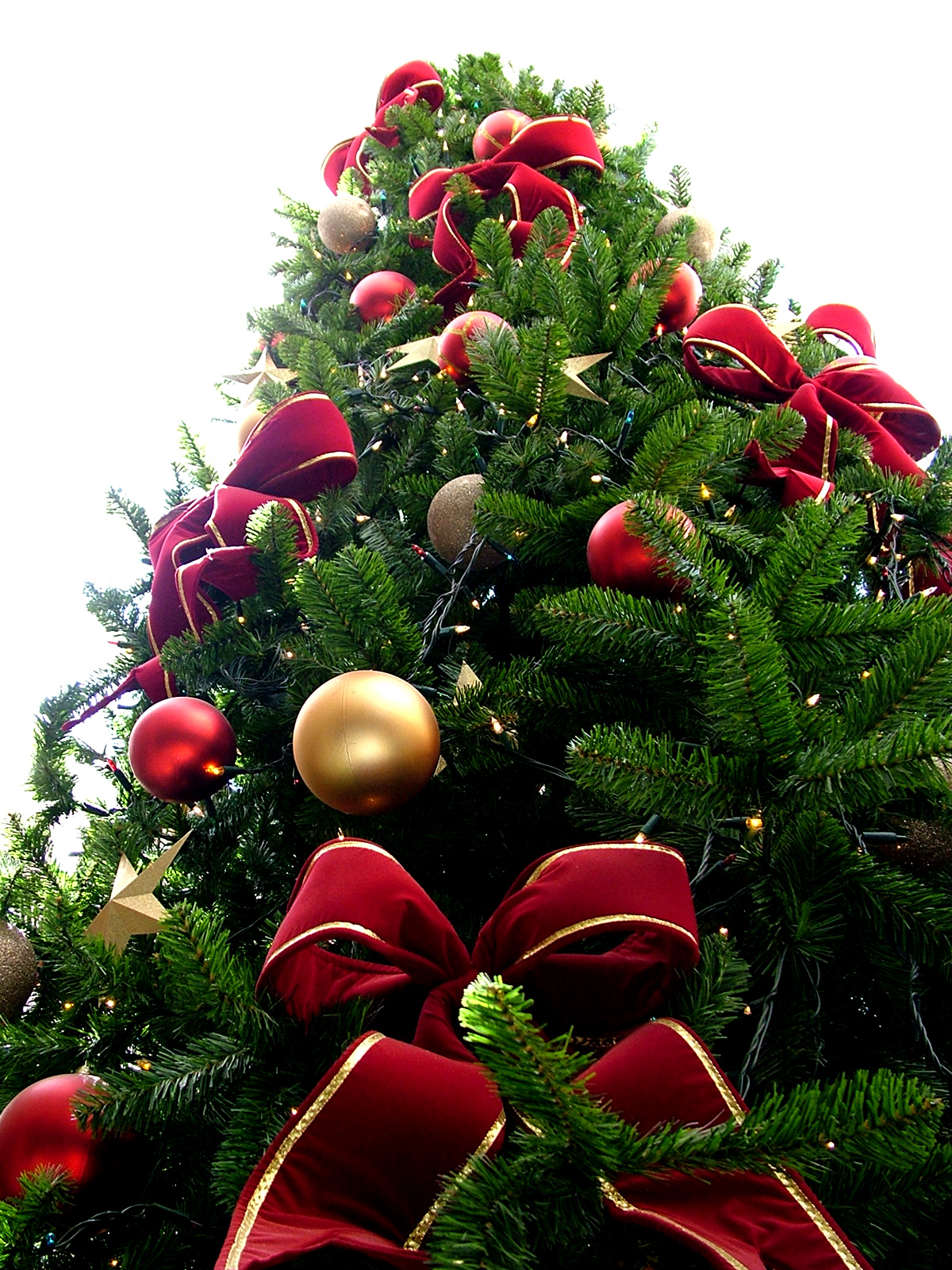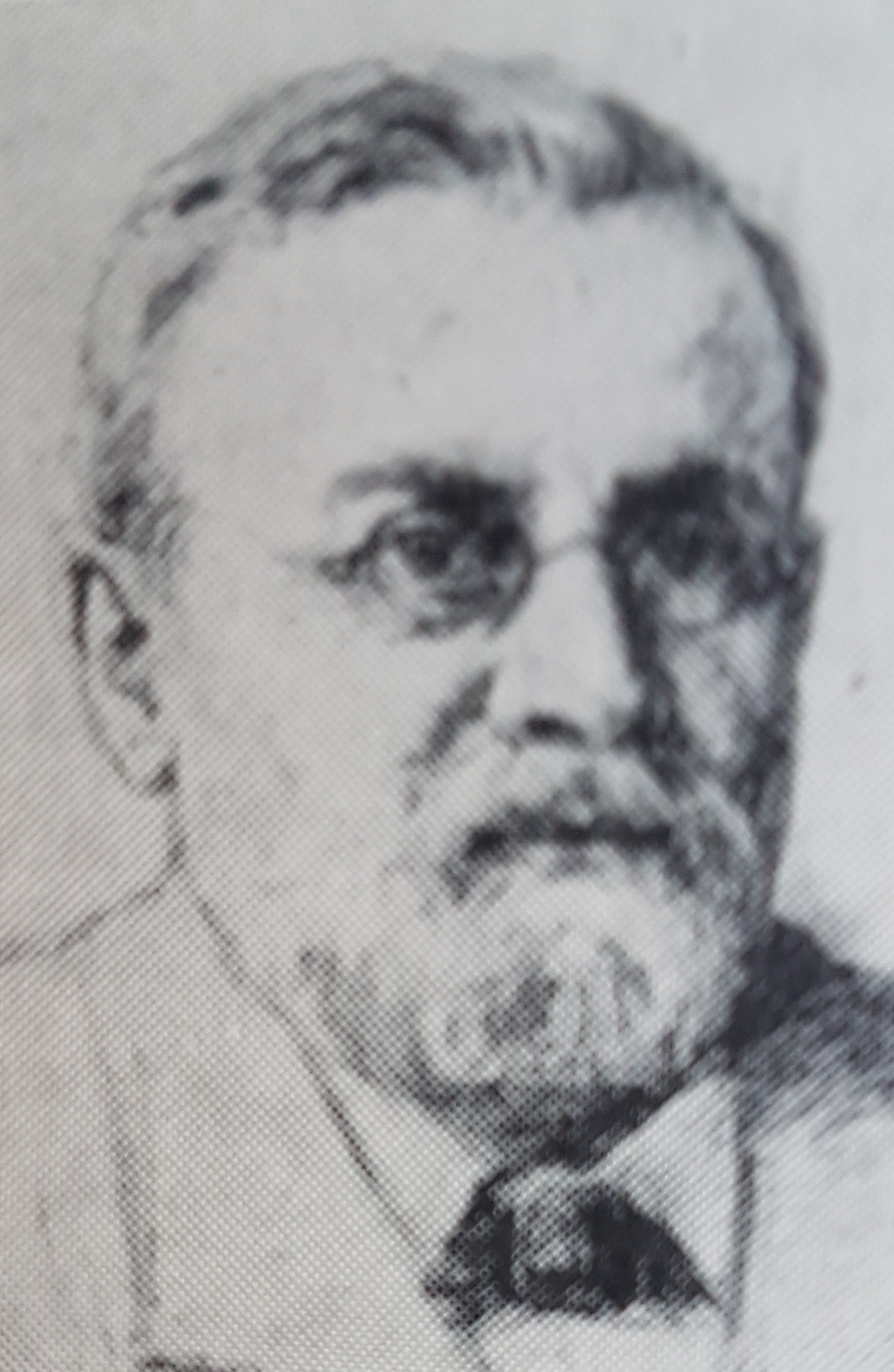|
Vi äro Musikanter
Vi äro musikanter is a Swedish folk song typically sung when dancing around the Christmas tree and the Midsummer pole. It was written down early in '' Folklekar från Västergötland'' (1908-1934), published by Sven Lampa. It is a so-called "mimic song", where the persons singing it can mimic playing the different musical instruments mentioned in the song lyrics. Recordings An early recording was done by Gösta Jonsson and Britt Berg, appearing in a medley of Christmas songs recorded in Berlin in September 1933, and released on a record later that year. Publication * Julens önskesångbok, 1997, under the lines "Tjugondag Knut dansar julen ut", credited as "folk game" * Barnens svenska sångbok, 1999, under the lines "Sång med lek och dans". See also * The Music Man (song) References * Barnens svenska sångbok ''Barnens svenska sångbok'' ("Children's Swedish Song book") is a 1999 Swedish song book by Anders Palm and Johan Stenström. It follows the 1997 song book ''Den ... [...More Info...] [...Related Items...] OR: [Wikipedia] [Google] [Baidu] |
Christmas Tree
A Christmas tree is a decorated tree, usually an evergreen conifer, such as a spruce, pine or fir, or an artificial tree of similar appearance, associated with the celebration of Christmas. The custom was further developed in early modern Germany where German Protestant Christians brought decorated trees into their homes. It acquired popularity beyond the Lutheran areas of Germany and the Baltic governorates during the second half of the 19th century, at first among the upper classes. The tree was traditionally decorated with "roses made of colored paper, apples, wafers, tinsel, ndsweetmeats". Moravian Christians began to illuminate Christmas trees with candles, which were often replaced by Christmas lights after the advent of electrification. Today, there is a wide variety of traditional and modern ornaments, such as garlands, baubles, tinsel, and candy canes. An angel or star might be placed at the top of the tree to represent the Angel Gabriel or the Star of Bethle ... [...More Info...] [...Related Items...] OR: [Wikipedia] [Google] [Baidu] |
Maypole
A maypole is a tall wooden pole erected as a part of various European folk festivals, around which a maypole dance often takes place. The festivals may occur on 1 May or Pentecost (Whitsun), although in some countries it is instead erected at Midsummer (20–26 June). In some cases the maypole is a permanent feature that is only utilised during the festival, although in other cases it is erected specifically for the purpose before being taken down again. Primarily found within the nations of Germanic languages, Germanic Europe and the neighbouring areas which they have influenced, its origins remain unknown. It has often been speculated that the maypole originally had some importance in the Germanic paganism of Iron Age and early Medieval cultures, and that the tradition survived Christianisation, albeit losing any original meaning that it had. It has been a recorded practice in many parts of Europe throughout the Medieval and Early Modern periods, although it became less popul ... [...More Info...] [...Related Items...] OR: [Wikipedia] [Google] [Baidu] |
Sven Lampa
Sven Lampa ( 17 November 1839, Skaraborg – 2 December 1914, Lidingön) was a Swedish entomologist who specialised in Lepidoptera Lepidoptera ( ) is an order (biology), order of insects that includes butterfly, butterflies and moths (both are called lepidopterans). About 180,000 species of the Lepidoptera are described, in 126 Family (biology), families and 46 Taxonomic r .... He wrote Förteckning öfver Skandinaviens och Finlands Macrolepidoptera. ''Ent. Tidskr''. 6(1–3): 1–137. 9 (1885). {{DEFAULTSORT:Lampa, Sven Swedish entomologists 1839 births 1914 deaths ... [...More Info...] [...Related Items...] OR: [Wikipedia] [Google] [Baidu] |
Gösta Jonsson
Gösta is a male given name, a variant of Gustav. Gösta may refer to: People *Gösta Åsbrink (1881–1966), Swedish gymnast and modern pentathlete *Gösta Andersson (skier) (1918–1979), Swedish cross-country skier *Gösta Andersson (wrestler) (1917–1975), Swedish wrestler *Gösta Bagge (1882–1951), Swedish professor of economics and conservative politician *Gösta Bengtsson (1897–1984), Swedish sailor *Gösta Bernhard (1910–1986), Swedish actor, film director and screenwriter * Gösta Bladin (1894–1972), Swedish track and field athlete *Gösta Bohman (1911–1997), Swedish politician and the leader of the Swedish liberal conservative Moderate Party *Gösta Brodin (1908–1979), Swedish sailor * Gösta Carlsson (1906–1992), Swedish road racing cyclist *Gösta Cederlund (1888–1980), Swedish actor and film director *Gösta Danielsson (1912–1978), Swedish chess master *Gösta Ehrensvärd (1885–1973), Swedish vice admiral *Gösta Ekman d.y. (junior), (1939–2017), ... [...More Info...] [...Related Items...] OR: [Wikipedia] [Google] [Baidu] |
Britt Berg
Britt may refer to: Places * Britt, Iowa, United States * Britt, Minnesota, United States * Britt, Ontario, Canada * Britt Peak, Marie Byrd Land, Antarctica * Britt Township, Hancock County, Iowa, United States Other uses * Britt (actress), Swedish actress, TV producer and author * Britt (name), a list of people and fictional characters with either the given name or surname * Britt Airways, a commuter airline that became Continental Express carrier ExpressJet Airlines * Britt's Department Store, an American store chain from 1962 to 1982 * Britt Festival, a performing arts festival in southern Oregon * SS ''Britt'', a Swedish cargo ship * The Britt, formerly Sutton Place Hotel Toronto See also * Café Britt, a Costa Rican coffee roasting and chocolate manufacturing company * * Brit (other) Brit, Brits or BRIT may refer to: People Nicknames * British people, people of Great Britain and Northern Ireland, its Overseas Territories and the Crown Dependencies, and the ... [...More Info...] [...Related Items...] OR: [Wikipedia] [Google] [Baidu] |
Berlin
Berlin ( , ) is the capital and largest city of Germany by both area and population. Its 3.7 million inhabitants make it the European Union's most populous city, according to population within city limits. One of Germany's sixteen constituent states, Berlin is surrounded by the State of Brandenburg and contiguous with Potsdam, Brandenburg's capital. Berlin's urban area, which has a population of around 4.5 million, is the second most populous urban area in Germany after the Ruhr. The Berlin-Brandenburg capital region has around 6.2 million inhabitants and is Germany's third-largest metropolitan region after the Rhine-Ruhr and Rhine-Main regions. Berlin straddles the banks of the Spree, which flows into the Havel (a tributary of the Elbe) in the western borough of Spandau. Among the city's main topographical features are the many lakes in the western and southeastern boroughs formed by the Spree, Havel and Dahme, the largest of which is Lake Müggelsee. Due to its l ... [...More Info...] [...Related Items...] OR: [Wikipedia] [Google] [Baidu] |
Barnens Svenska Sångbok
''Barnens svenska sångbok'' ("Children's Swedish Song book") is a 1999 Swedish song book by Anders Palm and Johan Stenström. It follows the 1997 song book ''Den svenska sångboken'' and is followed by the 2009 song book ''Evert Taube – Sångboken''. The books include songs for children from the 17th and 18th Centuries as well as more contemporary works and the songs are meant to be sung at home, at kindergarten and/or at school. Contents Sånger för småfolk ("Songs For Children (little people)") *1.'' Det gåtfulla folket'' ("The Puzzling People") *2.''Mors lilla Olle'' ("Mother's Little Olle") *3.''Tula hem och tula vall'' *4.'' Vart ska du gå, min lilla flicka?'' ("Where are you going, my little girl?") *5.''Tummeliten'' *6.'' Sockerbagaren'' ("The Pastry chef") *7.'' Blinka lilla stjärna'' *8.''Lilla Ludde'' *9.''Vem kan segla förutan vind?'' ("Who Can Sail Without Wind?") *10.''Lunka på'' ("Plod on") *11.''Tycker du om mig'' ("Do You Like Me") *12.''Alfabetsvisan'' ... [...More Info...] [...Related Items...] OR: [Wikipedia] [Google] [Baidu] |
The Music Man (song)
"The Music Man" (Roud 17774) is a popular cumulative folksong among children, rugby players, and Hash House Harriers. History Peter Kennedy published a song called " The German Musicianer" in " Folk Songs of Britain and Northern Ireland" (1975). It has some similarities with this song. Even earlier, "The Wonderful Musician", written by Walter Greenaway, was published in 1871. The chorus begins: "A big drum, a kettle drum, the fiddle, flute, and piccolo, piano, harp, harmonium and many more beside". The song is also known in Germany as " Ich bin ein Musikante" and adapted in the US to " I Am a Fine Musician". For each verse the participants act out different instruments with specific actions. Some of the actions for the adult version can be rude or crude. They may also attempt to imitate the sound of each instrument. It is sometimes performed in cabaret with the audience challenging the artistes to ever more extravagant - and difficult - renditions of, for example, the flu ... [...More Info...] [...Related Items...] OR: [Wikipedia] [Google] [Baidu] |
Swedish-language Songs
Swedish ( ) is a North Germanic language spoken predominantly in Sweden and in parts of Finland. It has at least 10 million native speakers, the fourth most spoken Germanic language and the first among any other of its type in the Nordic countries overall. Swedish, like the other Nordic languages, is a descendant of Old Norse, the common language of the Germanic peoples living in Scandinavia during the Viking Era. It is largely mutually intelligible with Norwegian and Danish, although the degree of mutual intelligibility is largely dependent on the dialect and accent of the speaker. Written Norwegian and Danish are usually more easily understood by Swedish speakers than the spoken languages, due to the differences in tone, accent, and intonation. Standard Swedish, spoken by most Swedes, is the national language that evolved from the Central Swedish dialects in the 19th century and was well established by the beginning of the 20th century. While distinct regional varieties a ... [...More Info...] [...Related Items...] OR: [Wikipedia] [Google] [Baidu] |




